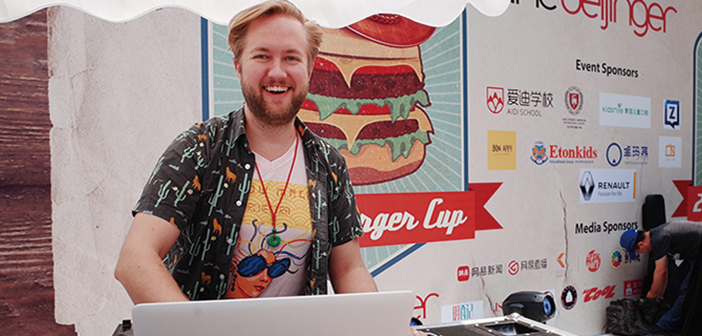For me, mental health has always been something I knew we all had, but didn’t really consider it to be something that needed to be maintained in the same way as physical health. Even physical health is a thing that I tend to neglect at times, especially when looming deadlines murk up the horizon, and weird diets and lost sleep become the norm.
I often wonder how much our parents considered these things. I’m sure the tendency was more to pack things away until the metaphorical suitcase finally burst, spewing out dirty laundry all over the interior and passengers of an MPV during a stressful road trip to visit the grandparents.
Life has changed considerably from when baby boomers first entered the workplace. There were definitely no work-related WeChat groups demanding your attention at all hours of the day, or never-ending streams of news on social media platforms that you feel like you need to sift through to remain current. Don’t you miss those days of just writing emails, and having a 24-hour timeframe to respond?
Modernity is stressful. We are always connected, and it takes a lot of effort to block out the noise and focus on the things that truly matter, and which give you happiness. In addition to that, the environment here in Beijing can have its own triggers.
Though I love this city and all of the learning experiences it has given me, it is becoming more expensive, and the quality of life isn’t entirely keeping up with the costs of living, especially if things like international schools or multiple visits to the hospital are taken into consideration. This can easily add to a parent’s anxiety.
Support for your mental health is no exception. Help in this city is costly, and likely unavailable for many families. This is unfortunate, especially when you discover just how common life challenges like depression, anxiety, or debilitating stress actually are.
One important thing we have learned from making this issue is that mental health should be treated no differently from physical health. We should ideally have checkups, as frequently as physical checkups. Thinking about our overall psychological well-being shouldn’t be reserved for when times are at their worst, and should ideally work in a preventative way.
Sadly, though, in Beijing resources for both expats and locals aren’t readily available for that level of care. But then there are other ways that you or a loved one can find support. The most important is through friends and family. These people are your first line of defense against mental illness, as they know you best and can tell when you are struggling. Also, group meetings held by organizations like CandleX and Beijing Mindfulness Centre have proved to be an invaluable resource for many expats in the city.
While we understand that we are only scratching the surface on the topic of mental health, these pages may at least be useful in helping you figure out when and why support is needed, and where to find it if you do. This is an area that requires more development and discussion in order to keep it in the public view and reduce stigma, and ultimately we hope this magazine can be read as a step in that important direction.

This post appeared on the beijingkids October 2018 Mental Health issue.




